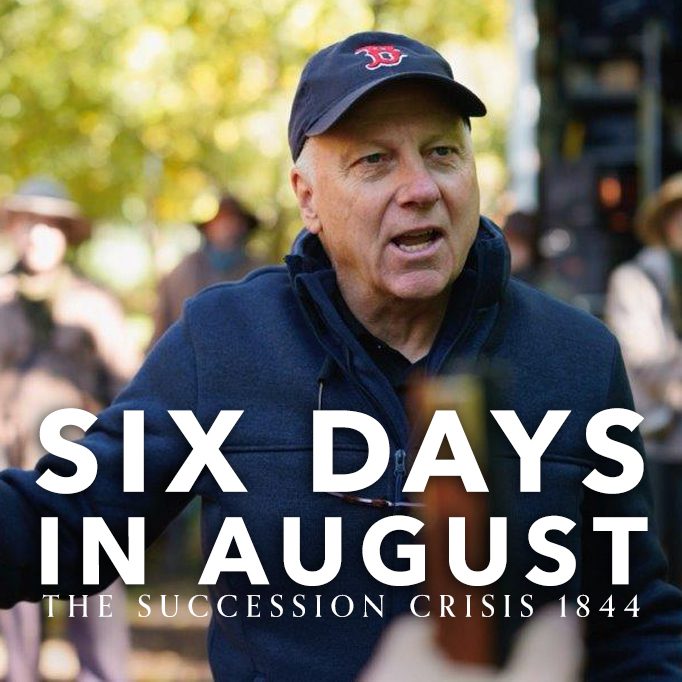
I spent several hours today interviewing Dr. Ronald K. Esplin on camera regarding Brigham Young, Sidney Rigdon, the early Quorum of the Twelve, and the 1844 succession crisis for the Interpreter Foundation’s forthcoming series of short videos, which are collectively entitled Becoming Brigham. We captured some extremely good material; he is a good interview, with encyclopedic knowledge of the relevant topics.
My interview questions were largely but not entirely based upon Ronald K. Esplin, “Authority, Keys, and ‘the Measures of Joseph’: A Detailed Exploration of 1844 Succession,” in Jeffrey M. Bradshaw, ed., Joseph Smith: A Life Lived in Crescendo (Orem: The Interpreter Foundation and Salt Lake City: Eborn Books, 2024), 745-882. I commend the article to your attention.
Meanwhile, Six Days in August continues to be available for streaming, and Witnesses, to my ongoing surprise, continues to be available for free streaming
And, in other Interpreter Foundation news, this new piece went up on the Foundation’s website today: Come, Follow Me — D&C Study and Teaching Helps (2025): Doctrine and Covenants 20–22 — March 10–16: “The Rise of the Church of Christ”
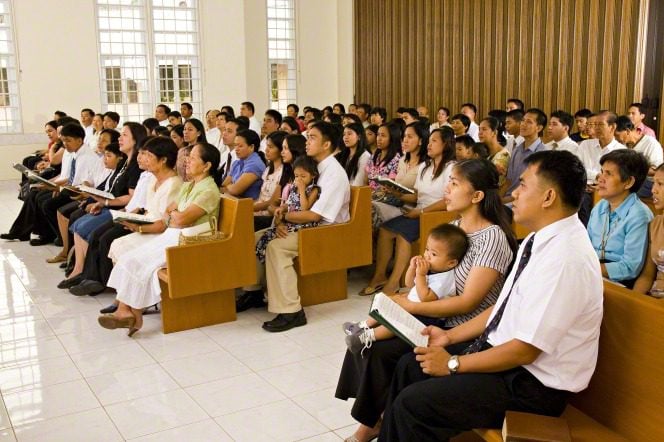
Do you believe in God?
For centuries, people have had to suffer under that ghastly burden. But there’s good news! Already in 2015, a medical cure was predicted to be just over the horizon: “Scientists claim zapping brains with magnets can treat belief in God”
And now we’re ten years closer to the triumph that was, even then, almost close enough to taste. Unfortunately, though, the article, which was written by a statistician named William Briggs, pointed out a few of the problems in the study under consideration. So maybe we’re still not quite there.
But I had some additional reservations. How, for example, would we be able to distinguish the shutting down of “certain groups of neurones” from (hopefully temporary) brain damage? And does anybody else out there feel at least a tiny bit uncomfortable with an attempt to change human opinions by means of magnets (or any other sort of technology)?
What, for example, if we can find a scientific cure for voting Democratic or going MAGA? What if atheism can be medically treated? Can we use aversion therapy to decrease the sales of books by Richard Dawkins? Would my blog attract more readers if I could aim a giant ray gun at Los Angeles? If so, should I do it?
This was a bizarre item. And I would be really surprised, along with Dr. Briggs, if it ever comes to fruition. Not to mention horrified.
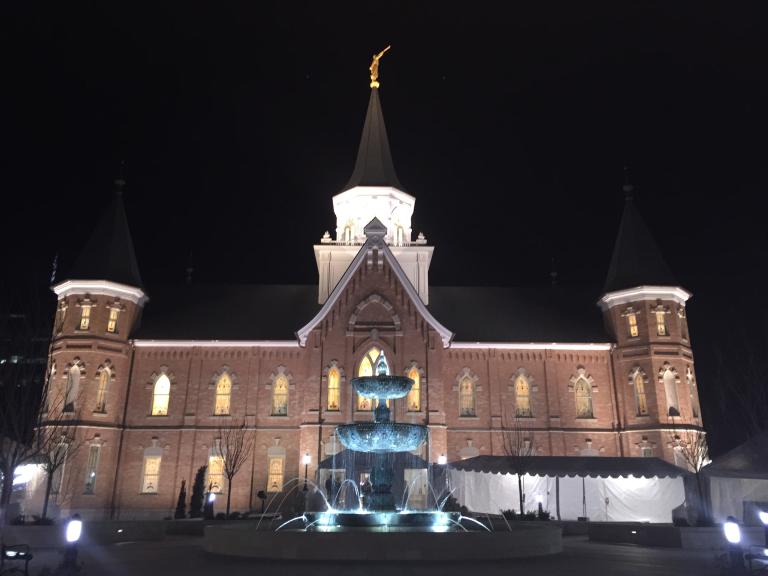
Some of you, I think, will find this article, umm, interesting. Guess to which city they’re referring! The article comes from The Baptist Paper: “Church planters sharing ‘real Jesus’ in spiritually ‘dark, dark city’: “This is a beautiful community,” says David Gaskins. “Our nickname is Happy Valley. Every lawn is perfect. Every home is immaculate. But that’s the wild thing — Happy Valley is a sarcastic nickname because almost nobody is happy here.””
“Their system of belief is essentially legalism on steroids,” David Gaskins says. “They believe every single aspect of your life needs to be perfect before you can earn the love of God and that attitude of perfectionism influences everything here. Your marriage needs to be perfect; your kids need to be perfect; your career needs to be perfect. But behind all these people trying so hard to be perfect is pervasive lostness and sadness. This is a dark, dark city where the joy of the true gospel is not present.”
In that connection, this article is worth a read: “Perfectionism in perspective: Latter-day Saints’ unique outlook: Study shows lower levels of toxic perfectionism among those with strong faith ties” Facts, alas, are stubborn things.

I was elated and very proud when Utah’s fourth congressional district elected Mia Love — a black, Haitian-American, Latter-day Saint, conservative, Republican woman — to the United States House of Representatives back in 2014. And I’m saddened by this: “Honoring Mia Love in her final days: Family seeks cherished memories as former congresswoman faces terminal diagnosis”
And here’s a sad loss — though not, I suppose, an untimely one: “Martin Marty, leading scholar of American religion, dies at 97”
Many years ago, my friend and colleague Louis Midgley called to my attention an anecdote that he had picked up from Professor Marty, and that I thought made an important point. It involves Marie de Vichy-Chamrond (d. 1780), the Marquise du Deffand, who was a famous eighteenth-century French hostess, and a friend of Voltaire, Montesquieu, and other leading contemporary intellectuals. See, for example, this column that I published in the Deseret News on 19 April 2012: “If beginning is true, all else follows.”
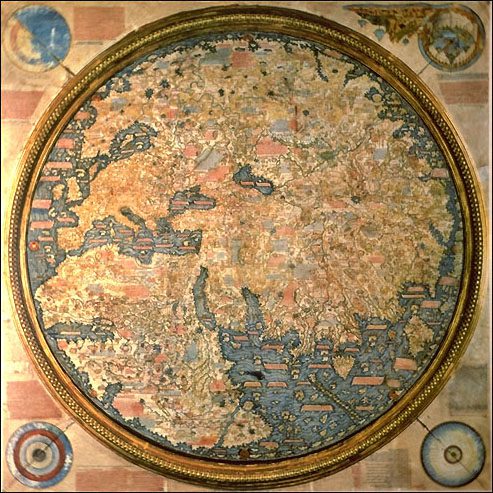
This is a stunning development: “Americans Will Now Be Required To Identify Ukraine On A Map Before Posting Opinion On Ukraine”
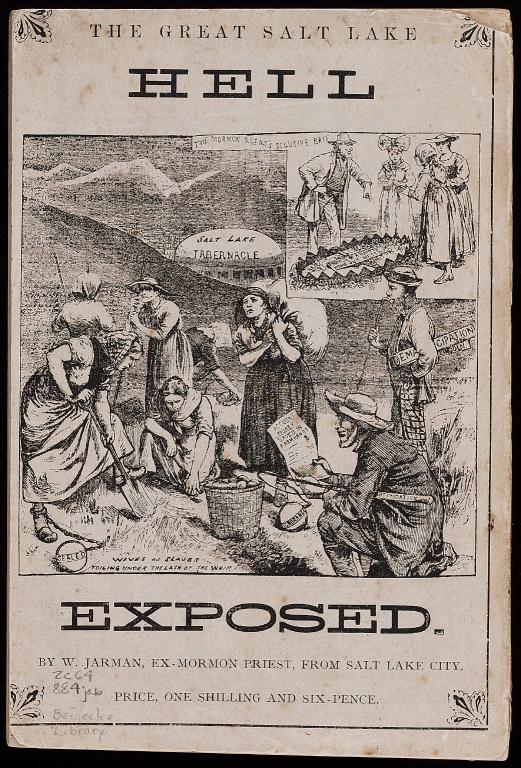
Documents like this contribute to increased public understanding of religion.
I’ve been remiss in sharing terrors from the Christopher Hitchens Memorial “How Religion Poisons Everything” File™, so here is a sextet of them to feed the indignation of those who feel that there indignation has been going unfed of late:
- “Over 6,300 People Donated Using 2024 #LightTheWorld Giving Machines in the Philippines”
- “The Church Brings a Sustainable Water Solution to a Mexican Community”
- “BYU greenhouse design provides fresh produce year-round for homeless center: Student hydroponic project set up to help add produce during cold weather months”
- “Video: Volunteers assemble 1 million meals: Youth and other volunteers package meals over four days for those facing food emergencies”
- “Church Grant and Support Helps Michigan Food Pantry: Donation allows Jewish Family Services to expand its capacity to serve those in need around Ann Arbor”
- “Church Sends Relief to Flooding Victims in Kentucky and West Virginia: 235,000 pounds of food and supplies go to organizations on the ground”













